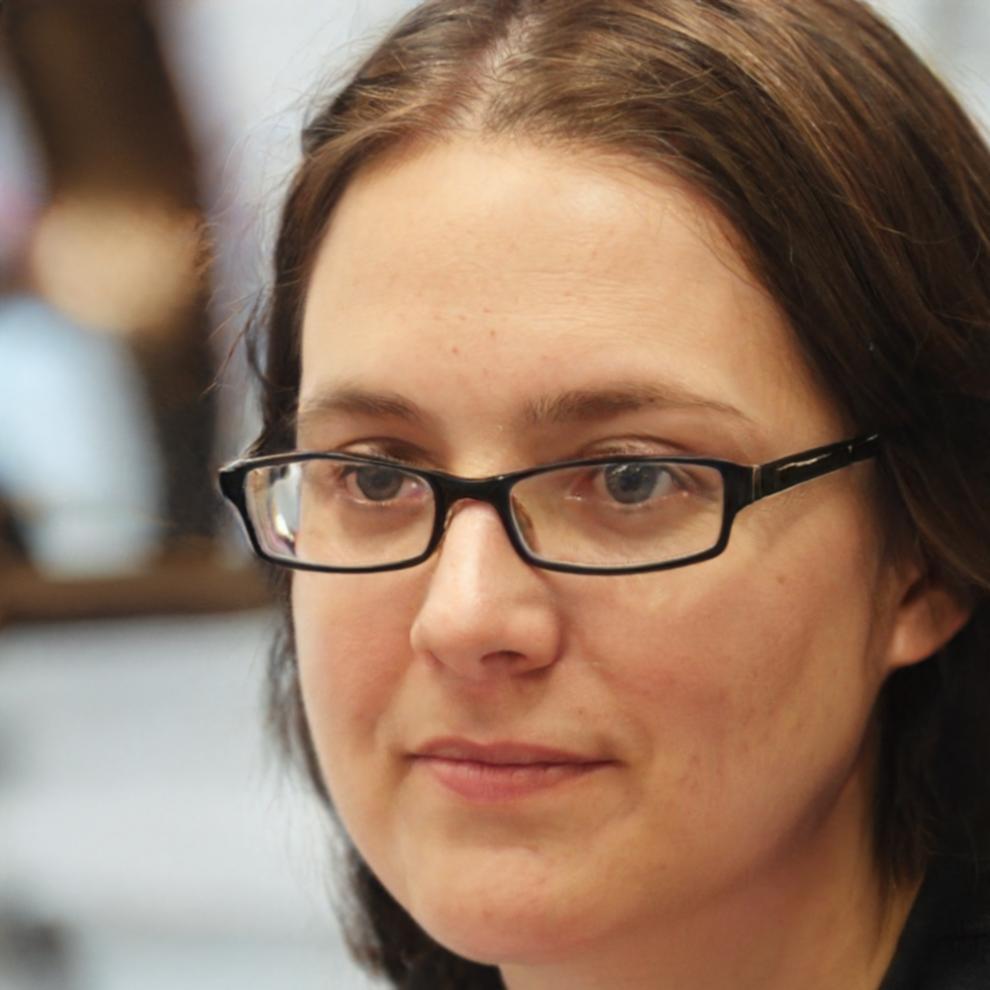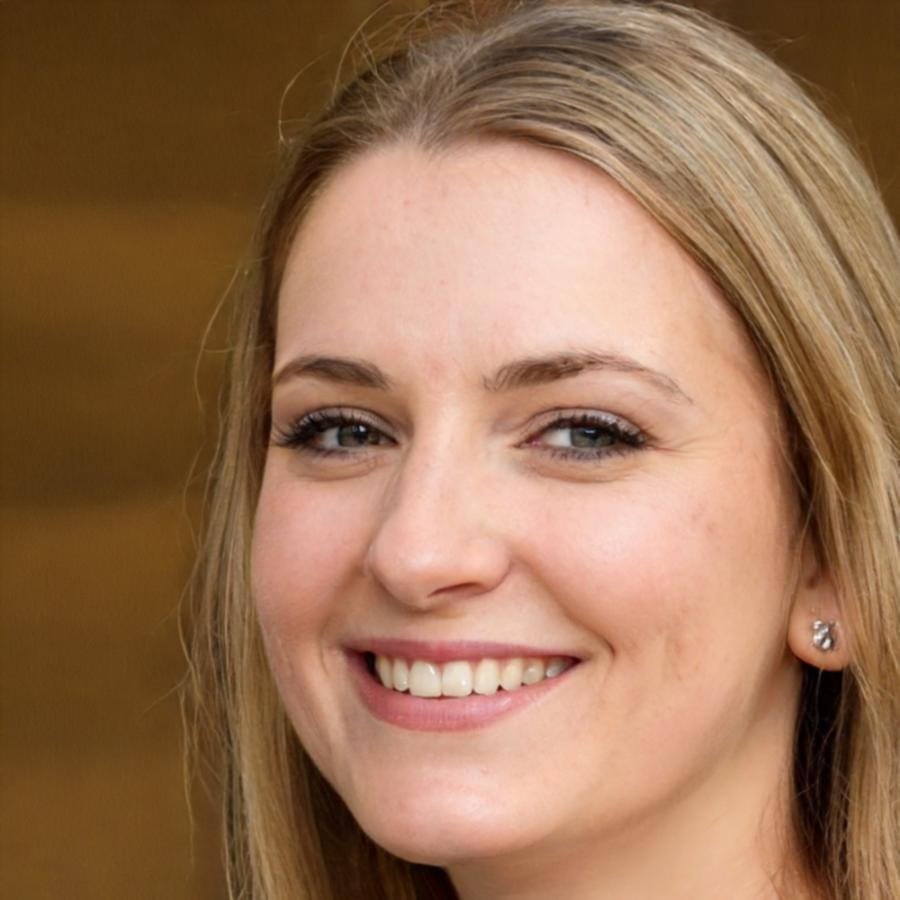Money conversations should feel different
We started sirethquona because financial education in Australia needed someone willing to say what actually matters. Not complicated jargon or impossible promises. Just honest guidance about managing money in ways that work for real people with real lives.
How we got here
Six years of learning what works and what doesn't when teaching Australians about their finances.
Started with a question
Why do most financial courses feel like they're designed to confuse people? We launched sirethquona with a simple goal – teach money management without the pretence. Our first cohort in Canberra had twelve participants who wanted straightforward answers.
Expanded across territories
Word travels when you're genuinely helpful. By mid-2021, we were running programmes in three states. People appreciated that we talked about budgeting challenges honestly rather than pretending everyone earns the same or has identical circumstances.
Brought businesses on board
Companies started asking if we could help their teams understand superannuation and investment basics. Turns out workplace financial stress affects more people than employers realise. We developed targeted sessions that actually respect people's time.
Built peer learning networks
Something interesting happened – participants wanted to keep connecting after programmes ended. So we created structured peer groups where people share experiences and strategies. No lecturing, just genuine conversations between people navigating similar financial situations.
Looking ahead with purpose
This year we're focusing on accessibility. Financial knowledge shouldn't be reserved for people who can afford expensive advisors. We're expanding our scholarship opportunities and developing shorter, targeted sessions for specific life stages and challenges.
Who's behind the programmes
We keep the team intentionally small. Everyone here teaches, which means there's no disconnect between programme development and actual classroom reality.

Siobhan Rafferty
Lead Financial EducatorSpent twelve years in banking before realising she preferred teaching people how to avoid financial mistakes rather than selling them products. Has a talent for explaining compound interest using everyday examples.

Elara Pemberton
Programme Development DirectorDesigns curriculum that doesn't bore people to tears. Previously worked in adult education and brought that experience to financial training. Believes strongly that homework assignments should be optional.
Teaching method that respects intelligence
Most people aren't confused about money because they're incapable of understanding it. They're confused because financial services make everything unnecessarily complicated on purpose.
Our approach strips away the jargon. We use collaborative sessions where participants work through real scenarios – not hypothetical textbook examples that have nothing to do with actual life. Questions are expected, not just tolerated.
And here's something that surprised us early on – peer discussion often teaches more effectively than instructor lectures. So we build plenty of structured conversation time into every programme. People learn from each other's mistakes and successes.

What guides our work
These aren't aspirational statements we put on posters. They're decisions we make when designing programmes and choosing what to teach.
Honesty over optimism
We won't promise that learning about budgeting will transform your entire existence or guarantee wealth. Financial literacy creates options and reduces stress – that's valuable enough without exaggeration.
Accessibility as standard
Cost shouldn't determine who gets financial education. We maintain scholarship places in every programme and keep prices reasonable for self-funded participants. Knowledge shouldn't be a luxury product.
Practical before theoretical
Economic theory has its place, but most people need help with immediate decisions – whether to consolidate debt, how much to contribute to super, what emergency fund size makes sense for their situation. We focus there first.
Respect for different paths
There's no single correct financial strategy that works for everyone. Someone prioritising home ownership makes different choices than someone valuing flexibility. Our job is providing information, not judgment.
Community over competition
Money can be isolating because people rarely discuss it honestly. We deliberately create environments where sharing challenges feels normal rather than embarrassing. Peer support networks continue beyond programme completion.
Evolution through feedback
Every programme includes structured feedback collection, and we actually use it to improve future sessions. If something isn't working, we change it rather than defending it because "we've always done it this way."
Ready for honest financial conversations?
Our next intake starts in October 2025. Reach out if you have questions about which programme might fit your current situation and goals.
Get in touch